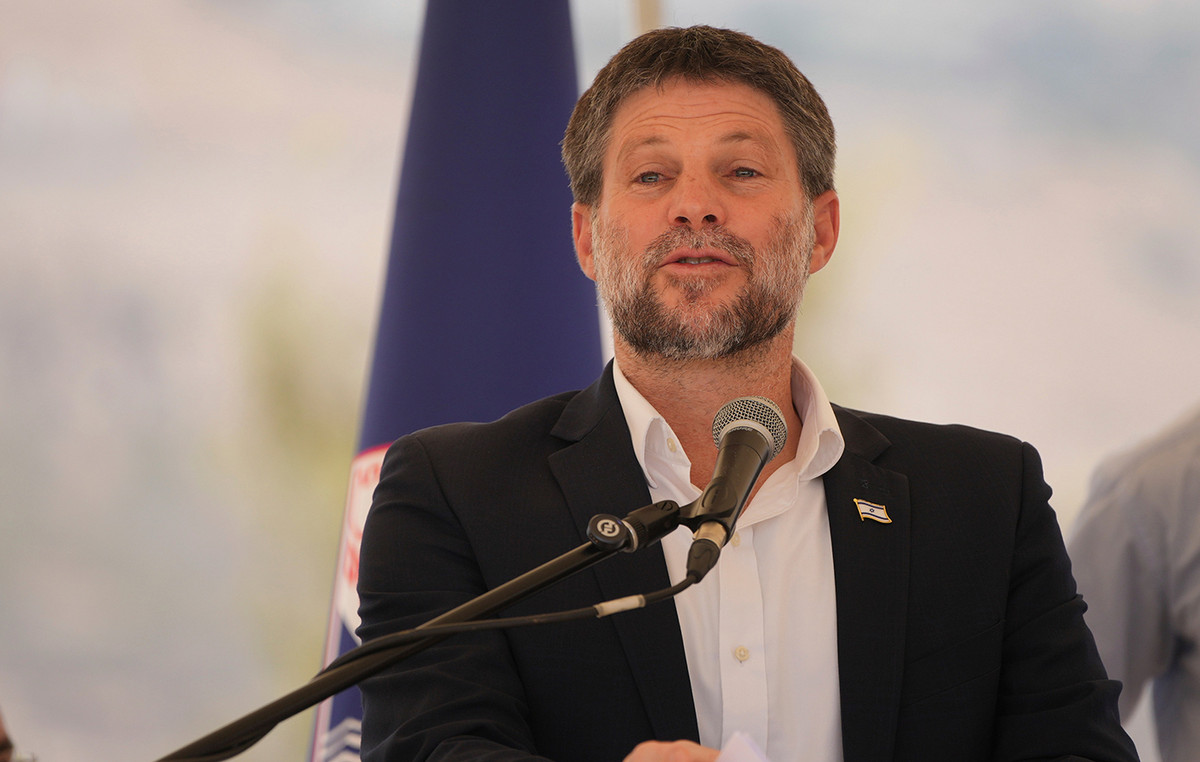Artificial intelligence (AI) is increasingly gaining ground in various fields of practice. In medicine, for example, it can be used to make early diagnoses, anticipate disease risks and worsening health conditions, and make exams more accurate. To encourage healthcare professionals to use and interact with tools more easily, medical experts have created a guide for using AI in medicine.
Launched by Afya, a hub for education and solutions for medical practice, the free e-book was developed in collaboration with Microsoft and serves as a detailed guide with practical tips for doctors to achieve efficient results using AI.
“For doctors to get the most out of artificial intelligence, it is important to know how to interact with the tool. The way you ask the AI something influences its response. The quality of the response depends on the quality of the user’s question or request,” explains Eduardo Lapa, cardiologist, founder of Afya CardioPapers and one of the authors of the material.
The e-book is divided into five parts and is recommended for professionals who have little or no contact with technology. To help them, the first three chapters are dedicated to conceptualizing the solutions available through AI tools and explaining how to access and use chatbots.
The material also provides guidance on generating commands and questions to the AI, using a methodology called FOCO, which teaches how to customize questions according to the doctor’s specific needs. Based on information such as characteristics of a health condition, variables involved in the scenario and the type of language to be used, the AI can offer more effective responses that are consistent with the situation presented.
The last chapter explains how the right commands can help extract knowledge and relevant content from dense or extensive materials, apply AI to automate routine and bureaucratic activities, and efficiently interpret clinical data.
“The use of AI in everyday medical practice is already a reality. The technology has the potential to greatly help doctors. When used correctly, it can save time on bureaucratic tasks such as filling out reports and thus allow the professional to focus on building a relationship with the patient. In addition, it can help healthcare professionals seek scientific references, reduce blind spots in the diagnosis and treatment of diseases, among other things,” explains Lapa.
“When creating this guide, we thought about the relevance that technology has gained in the health segment and we built a learning base that can be followed, improved and worked on by the entire medical community, reinforcing our role in transforming the future of health”, he states.
The use of AI in medicine is a reality in recent studies and initiatives
The use of artificial intelligence in medicine is a growing field. Several studies have already used algorithms and machine learning to help in the early detection of diseases. Researchers in Japan, for example, developed an AI model capable of predicting the risk of male infertility with up to 74% accuracy without the need for semen analysis. The discovery was published in the scientific journal Scientific Reports in late July.
Another study, published the same month in the journal eClinical Medicine, showed that an AI tool developed by scientists at the University of Cambridge in England was able to predict whether people with early symptoms of dementia would develop Alzheimer’s or not.
According to the research, the technology was able to distinguish between people with mild and stable cognitive impairment and those who progressed to Alzheimer’s disease over a three-year period. In addition, the algorithm correctly identified individuals who developed the disease in 82% of cases and correctly identified those who did not develop it in 81% of cases.
According to the study, AI was about three times more accurate in predicting Alzheimer’s progression compared to the current standard of care (standard clinical markers, such as gray matter atrophy or cognitive scores, or clinical diagnosis).
In Brazil, some initiatives are already using AI in medical procedures. A technology called OncoSeek was introduced to the country through a partnership between SeekIn and the FirstSaúde clinic and allows the detection and tracking of more than nine types of tumors in the early stages.
In study conducted with almost 10 thousand patients — and published in July of last year in The Lancet — OncoSeek presented a sensitivity of 51.7% for all types of cancer, resulting in an accuracy of 84.3% for the detection of these tumors. Sensitivities ranged from 37.1% to 77.6% for the detection of nine types of cancer: breast, colorectal, liver, lung, lymphoma, esophagus, ovarian, pancreatic and stomach.
More recently, Hospital Israelita Albert Einstein launched a care model that uses data and artificial intelligence to detect early clinical deterioration in patients admitted to private rooms. The goal is to reduce by 50% the number of late transfers — that is, those in which the patient needs advanced support due to the severity of their health condition — to the Department for Serious Patients, or Intensive Care Unit (ICU), in the next 24 months.
A similar solution developed by Lean Saúde, a startup specializing in the use of AI for healthcare, led to a 13% reduction in serious adverse events among patients, generating an average savings of 11% per hospitalization and a 17% reduction in the rate of readmissions. Called Lean Stay, the solution monitors high and medium complexity hospitalized patients, providing quality healthcare with equity, without waste, in order to ensure better care results and reduce avoidable costs.
This content was originally published in Early diagnosis and risk reduction: how AI can be used in medicine on the CNN Brasil website.
Source: CNN Brasil
I am an experienced journalist and writer with a career in the news industry. My focus is on covering Top News stories for World Stock Market, where I provide comprehensive analysis and commentary on markets around the world. I have expertise in writing both long-form articles and shorter pieces that deliver timely, relevant updates to readers.







